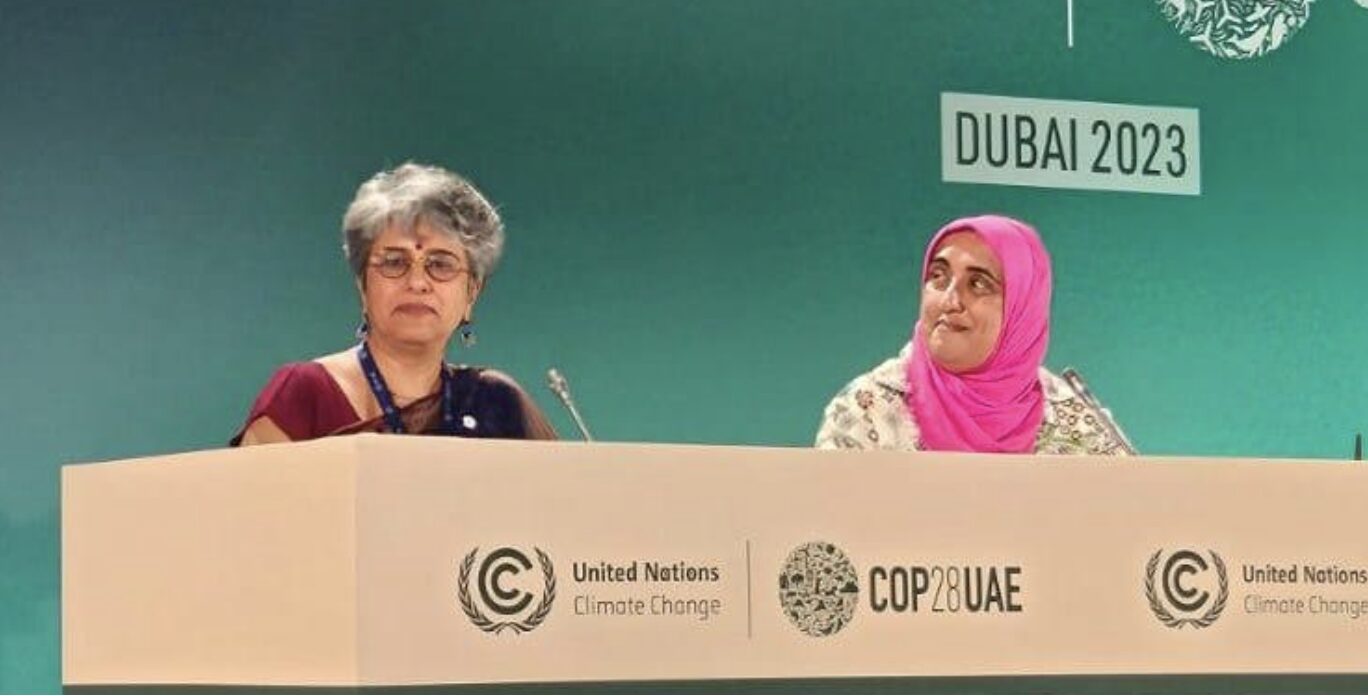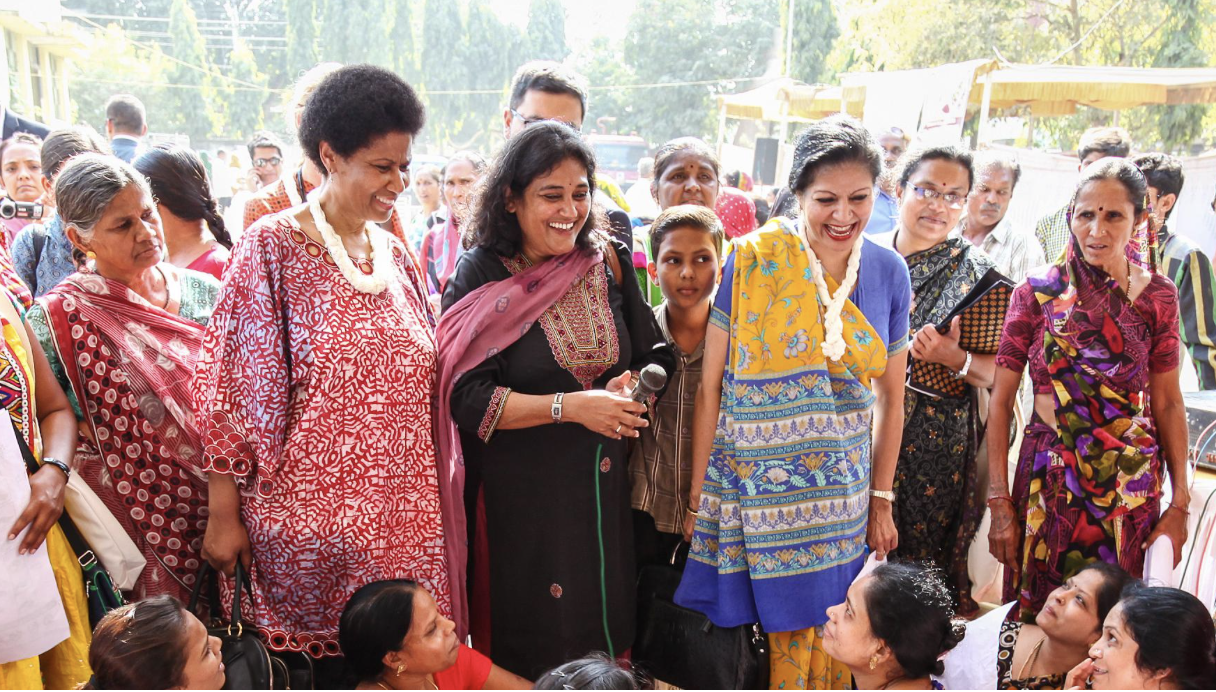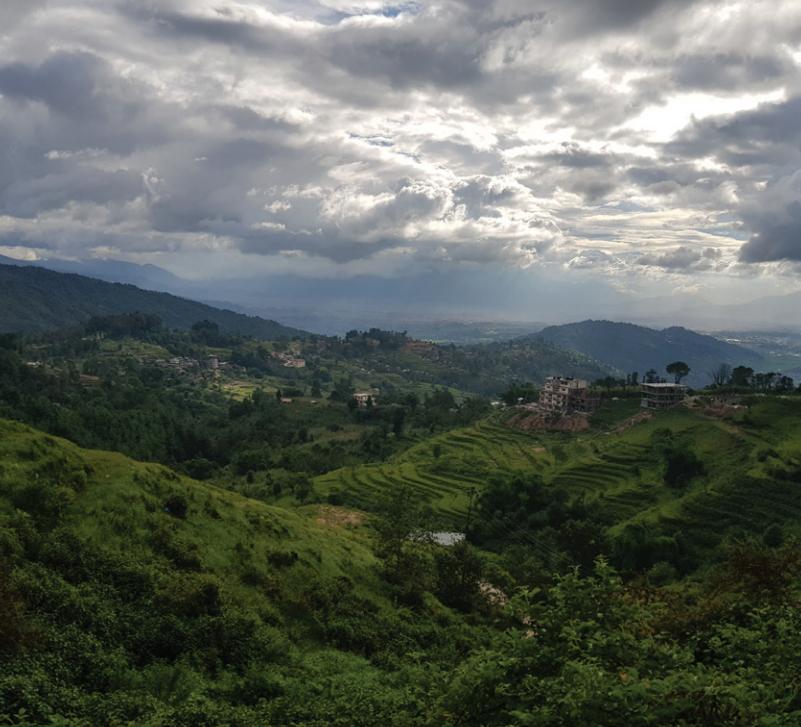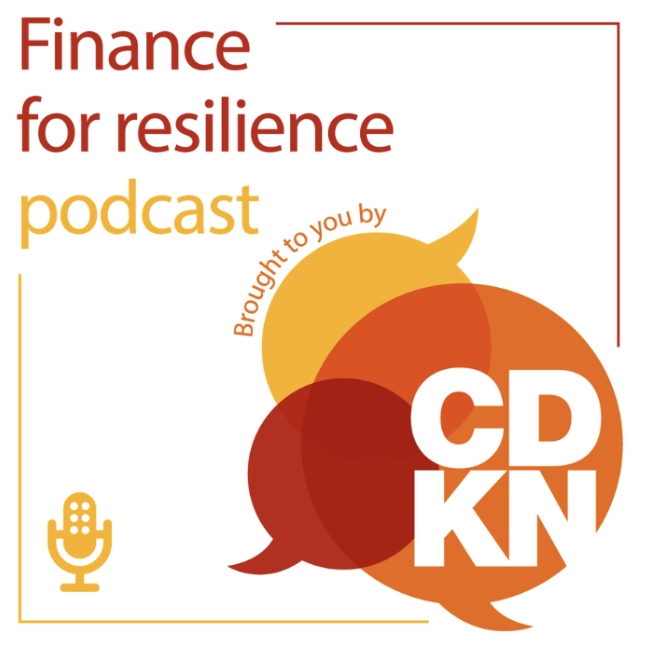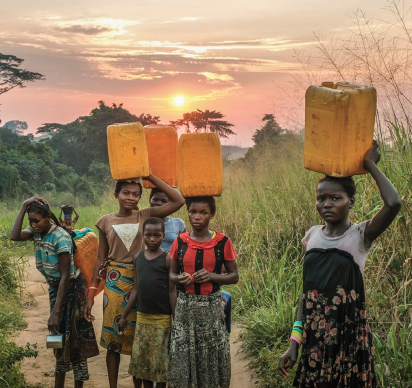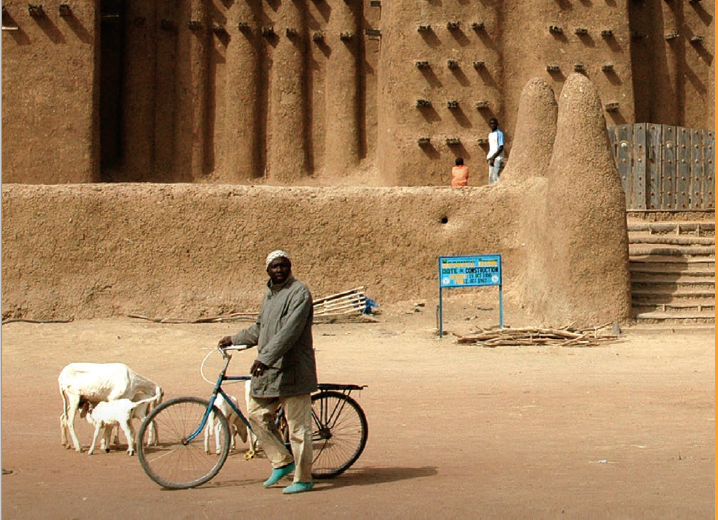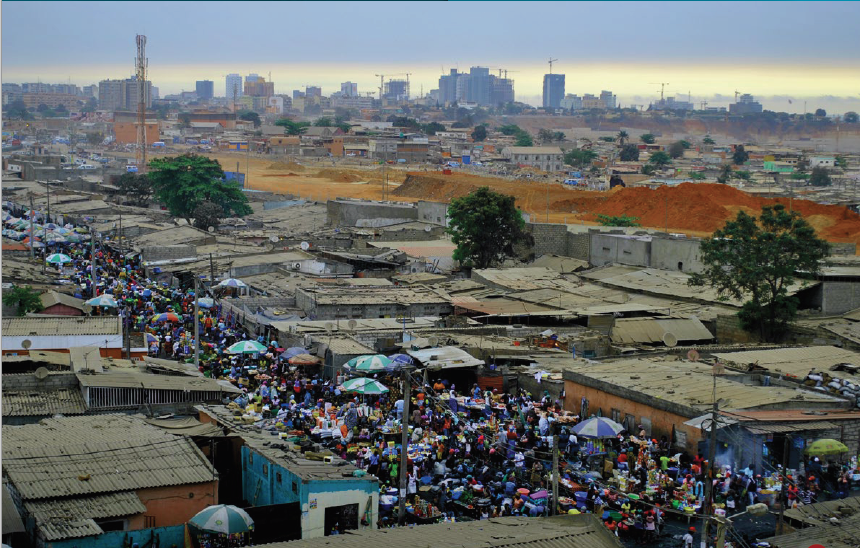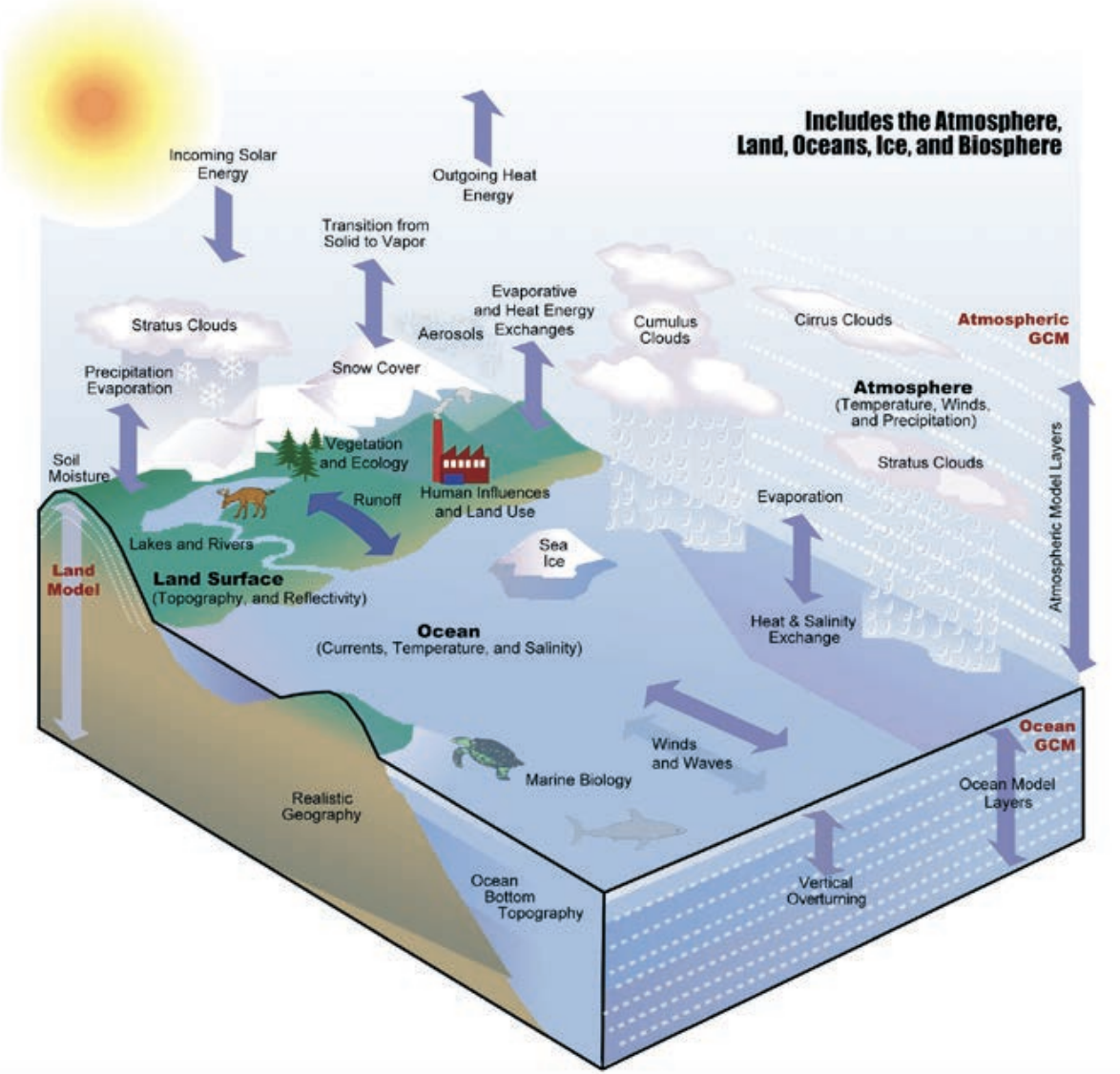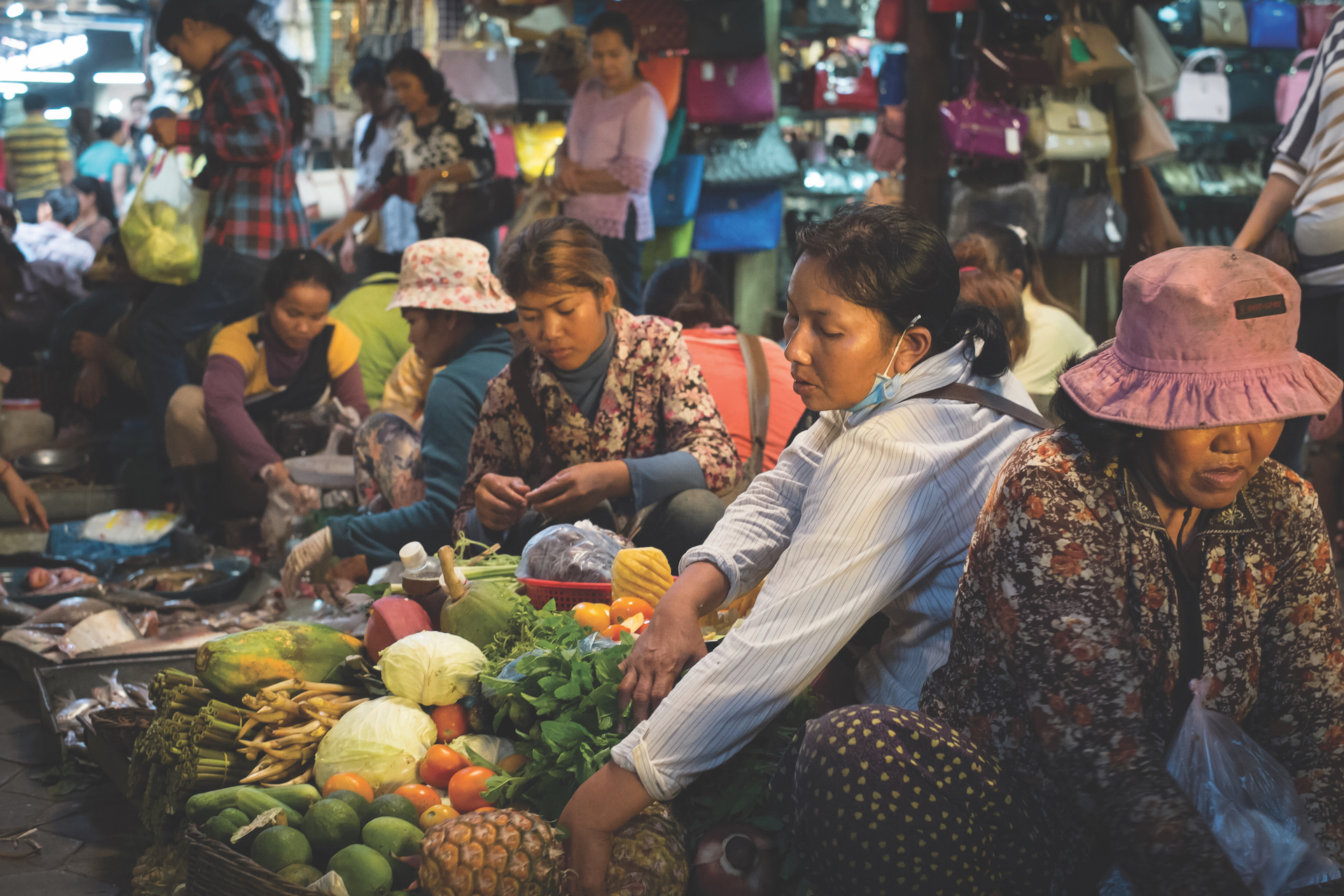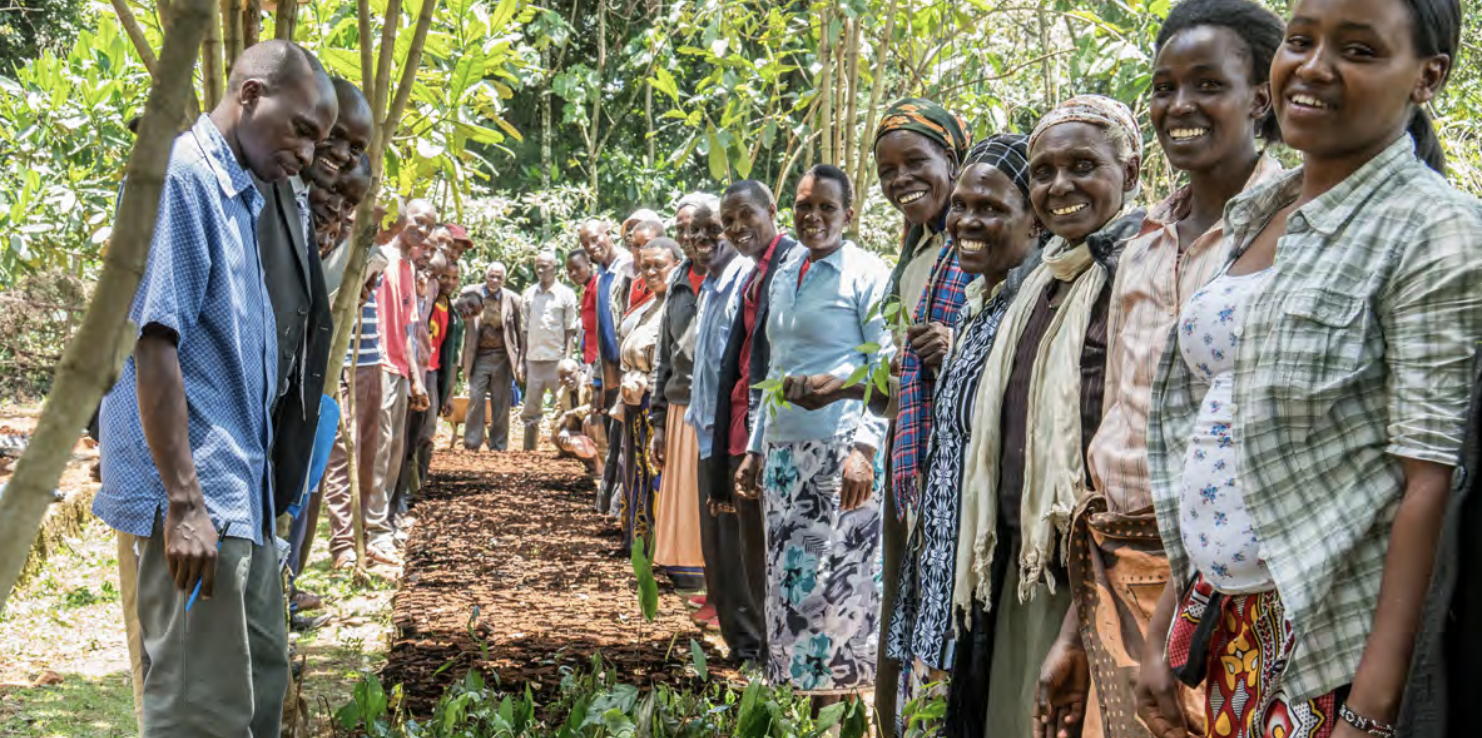CDKN
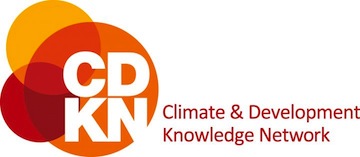
The Climate and Development Knowledge Network (CDKN) works to enhace the quality of life for the poorest and most vulnerable to climate change. We support decision-makers in designing and delivering climate compatible development. We do this by combining knowledge, research and advisory services in support of locally owned and managed policy processes. We work in partnership with decision-makers in the public, private and non-governmental sectors nationally, regionally and globally.
What we do
From 2018, CDKN has expanded its knowledge-sharing services, but will also continue with its research and technical advisory work.
CDKN’s knowledge services focus on making information and learning on climate compatible development easier to access and use, in support of ambitious climate action. We do this through synthesising and tailoring a wealth of evidence and learning on climate compatible development to produce highly-targeted knowledge and tools to support policy design and implementation. Sustained engagement in countries in Africa, South Asia and the Andean region of Latin America helps ensure this knowledge is used and achieves impact.
Within the broad scope of climate compatible development, we work across four specific themes:
- Water-energy-food nexus
- Climate finance
- Cities and urban resilience
- Gender and social inclusion
A new five year phase (2022-2027) is focusing on accelerating equitable, financed and ecosystem-based action on climate change that is locally-led and strengthens the voice and climate leadership of disadvantaged groups at community level.
Who we are
CDKN is led by South Africa-based SouthSouthNorth (SSN), working closely with its partners Fundación Futuro Latinoamericano (FFLA) in Ecuador, ICLEI – Local Governments for Sustainability, South Asia in India, as well as the Overseas Development Institute in the UK.
How we are funded
CDKN’s current phase is co-funded by the Ministry of Foreign Affairs of the Netherlands and Canada’s International Development Research Centre (IDRC) through the Step Change Initiative, a Canada-Netherlands partnership to drive equitable and inclusive locally-led adaptation.
CDKN values collaborations and partnerships that help us achieve our aim of accelerating inclusive climate-resilient action. If your organisation or programme would like to partner with CDKN, please contact us at [email protected].
